Why Do I Feel Sad for No Reason?

Sadness is a natural, healthy emotion.
Although an unpleasant feeling at times, sadness is powerful and imperative to our lives.
It allows us to react to the world and teaches us about ourselves.
With sadness, you can take comfort in knowing that it is just a feeling, and it will pass. It comes to an end, and you move forward with a sense of relief.
All human beings feel sad from time to time, and it’s completely normal. Although we may not understand it at the time, we can often reflect on it later. It can usually be attributed to a particular cause, such as grief, disappointment, or bad news.
There may be more to it when sadness becomes more frequent and begins to consume your energy. When there’s no obvious trigger for your unhappiness, getting to the bottom of your feelings can be tricky.
Persistent sadness can be the result of other internal factors. If you’re feeling sad for no apparent reason, read on to find out possible causes, coping techniques, and how to address them.
A healthy mind requires care, so knowing the difference between feeling sad and depressive disorders is essential.
Why Do I Feel Sad for No Reason?
Generally speaking, sadness is the healthy response to unexpected challenges, events, and general distress. When something negative happens in your life, you will likely react with sadness.
We all have days where we feel low, tired, and irritable. You might not always be able to pinpoint your sadness to an event in particular. Again, this is normal, as we’re all entitled to off-days.
Sometimes everyday life gets on top of us, our mood sinks, and we feel pessimistic. Often, it will pass in a few hours.
If your sadness doesn’t shift in time and continues for a few weeks, it might be time to seek help. Constant sadness takes its toll on your mental health and can lead to mental health conditions if left untreated.
Generally, you should address sadness that lasts at least two weeks.
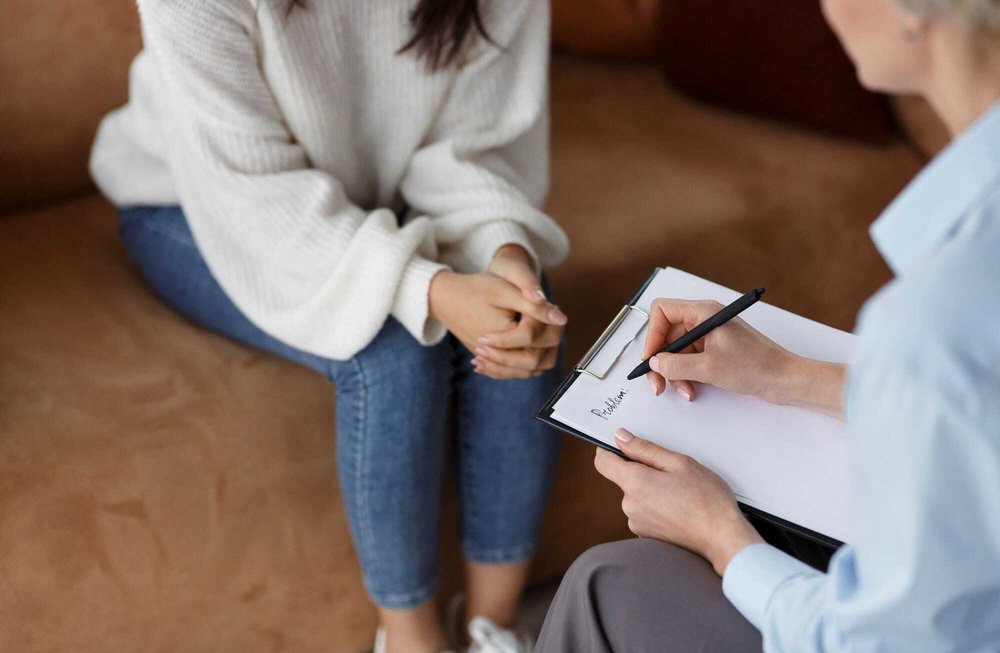
Advertisement
What Is the Main Cause of Sadness?
There is no one answer to what might make you sad, and therefore no leading cause of sadness.
Everybody is unique, with a different view on life and different means of handling negative experiences. The cause of your sadness may be entirely different for another person.
There are some common triggers of sadness that tend to affect many people. The emotion is associated with sad events that affect everybody at some time or another.
The sadness emotion is universal. Common triggers in ordinary life may include:
✅ The end of a relationship, breakups, divorce
✅ Saying goodbye to loved ones
✅ The sickness or passing of a loved one
✅ Losing a job
✅ Facing rejection from somebody
✅ Disappointments in normal life
Depression takes different forms. When feeling sad is something more, it’s not necessarily major depressive disorder (clinical depression).
Other types of depression include:
Seasonal affective disorder (SAD)
Winter sadness is common among many worldwide. As the days shorten and the sunlight disappears, you might begin to feel sad. There’s also the change in weather, and although you experience seasonal changes year-round, it’s common for your emotions to intensify at this time.
If your seasonal sadness is more than a passing feeling, you could have a recognized mental health disorder called seasonal affective disorder (SAD). It’s a variation of depression that manifests as the seasons’ switch.
It might result in excessive sleeping, overeating, and withdrawal from social occasions and friends.
Postpartum depression
Postpartum depression, postnatal depression, or baby blues is a type of depression in new parents. Symptoms include tiredness, constant feelings of sadness, anxiety, emptiness, and struggling to bond with your baby.
It is a complex type of depression, typically caused by changes during and after pregnancy. The mix of hormonal changes, adjusting to parenthood, and fatigue can bring postpartum depression.
Persistent depressive disorder
Persistent depressive disorder is a chronic type of depression. The low feelings can last for years, significantly impacting your life and well-being.
Symptoms can come and go but typically include losing interest in day-to-day tasks, tiredness, hopelessness, and irritability.
What to Do When You Are Sad ?
Knowing what to do when you are sad can be half the battle.
When sadness hits, you mustn’t bottle the feelings up. In most cases, when you are sad, letting it all out brings a great sense of relief. A good cry can go a long way in improving your mood.
Some people have strategies and coping mechanisms which help to soothe their mood. Here are 4 suggestions to try:
#1 Listen to music
Music produces happy hormones that can make us feel good almost immediately. It can help bring clarity, lift your spirits, and stop you from feeling drained and tired.
While your gut reaction might be to play sad songs when you’re feeling low, try to do the opposite. Opt for something upbeat, play your favorite album or something you can sing along to.
It’s not a cure, but it can temporarily relieve your mood.
#2 Go outside
Sometimes being cooked up inside can heighten feelings of depression. Going outside has many health benefits, simply from breathing in the fresh air and catching the sun on your skin.
Going for a walk or run can help clear your mind, gain clarity, and improve your mental well-being.
#3 Talk to a friend
It’s easy to get stuck inside your head when feeling sad and withdrawing from relationships and social interaction. While time to yourself can be beneficial, isolation is sure to worsen your mood in the long term.
It might not be easy, but sharing your thoughts can help to bring perspective. Talking to a friend or family member can make a big difference.
Accepting emotional support and comfort in loved ones is the first step to getting better. It can be relieving just knowing that somebody is routing for you, that cares, and is there to offer further support should you need it.
Opening up can make your mood feel less of a burden too. A problem shared is a problem halved.
#4 Seek help
If the sadness is too much and you’re struggling to cope, it’s essential to reach out. All kinds of mental health resources and support systems are available, from mental health charities to local support groups.
Doctors can recommend treatment facilities to encourage you to engage in talk therapy. In the meantime, avoid any negative experiences like substance abuse. Binge drinking and taking drugs can leave you feeling worse in the aftermath.
Can You Be Depressed and Not Know It?
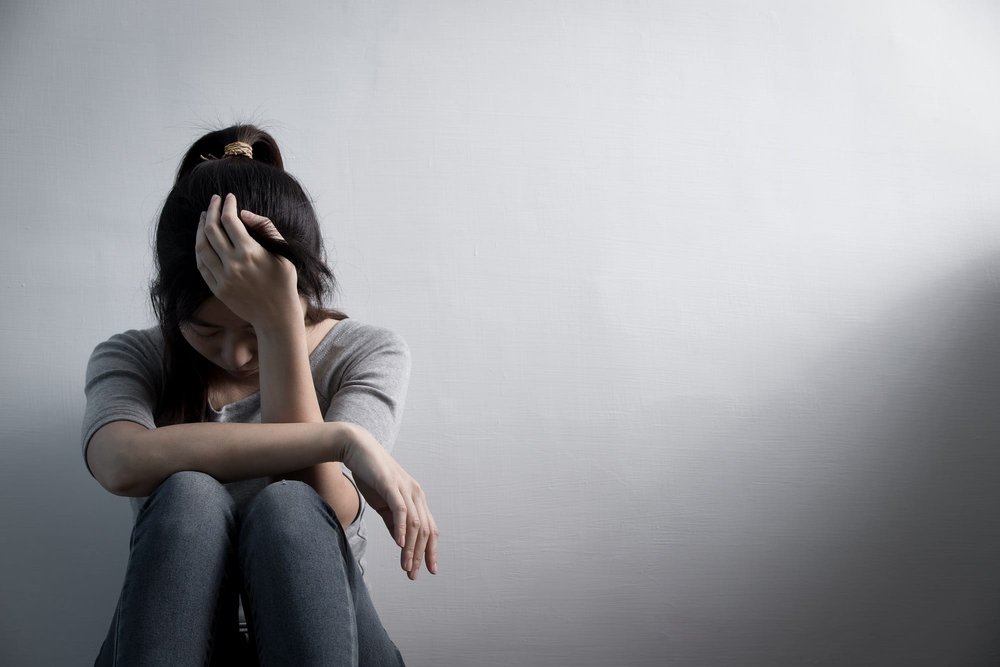
Unlike general sadness, depression is a mood disorder. Contrary to popular belief, you might not necessarily know you have it.
Depression is complex. From the outside, the symptoms of depression might appear evident to some. But when you’re stuck in your negative bubble, it can be difficult to identify that you are suffering from a mood disorder.
Depression can creep up gradually, too, before you have a chance to realize it or take action.
Often, people perceive depression in terms of major depressive disorder. There are, however, lots of depressive disorders with similar symptoms.
Knowing if you are depressed is especially difficult with atypical depression. With atypical depression, your mood can temporarily shift in response to good news or positive happenings.
Are Sadness and Depression the Same?
While extreme sadness is a significant element of depression, the two are very different things.
As mentioned earlier, sadness is a human emotion, just like happiness, anger, and embarrassment. Numerous factors trigger it, and you might feel tired, tearful, cry, and have trouble sleeping.
The thing with sadness is that it passes. You can experience the pain for a while, but eventually, you will move on from it, continuing with your life.
Depression, on the other hand, can be all-consuming. It can affect your entire world and leave you in a state of despair. It may begin with sadness and take hold gradually. It’s persistent and remains no matter what you do.
Not everyone will appear depressed either, so it can be challenging to spot the signs. It manifests differently, and the response can differ from person to person.
So while sadness is indeed present, it is accompanied by other symptoms and other feelings.
Symptoms of Depression to Look Out for
If you’ve been feeling down for a while now, you might be wondering whether you have a depressive disorder. There are some telltale signs to look out for to differentiate between sadness and a mood disorder.
✅ Depression symptoms can include:
✅ Feel depressed most days
✅ Loss of interest in the things you previously enjoyed
✅ Feeling tired all the time
✅ Sleep problems
✅ Sleep problems
✅ Feelings of hopelessness
✅ Feeling numb
✅ Weight loss/weight gain
✅ Reduced or increased appetite
✅ Low energy
✅ Feeling lethargic and sluggish
✅ Difficulty concentrating
✅ Lack of motivation
✅ Low self-esteem
✅ Unexplained aches and pains
✅ Withdrawal from family and friends
✅ Suicidal thoughts
How Online Therapy Can Change Your Life
Treating depression and other mental health disorders is possible through several means. The modern world is packed with resources to help tackle mood disorders, from self-help groups to regular therapy sessions.
These days, you don’t have to meet face-to-face with therapists if you don’t wish to. There are tons of tools available at the click of a button.
DoMental is a psychotherapy platform. With 24/7 access to licensed counselors, the service offers an alternative, more accessible route into therapy. You can avoid pre-booking appointments, skip the waiting room, and hop online whenever it suits you.
Building the courage to talk to someone directly is the first battle against depression. With online therapy, reaching out can feel a little less intimidating. You can source the help you need from the comfort of your own home while remaining anonymous.
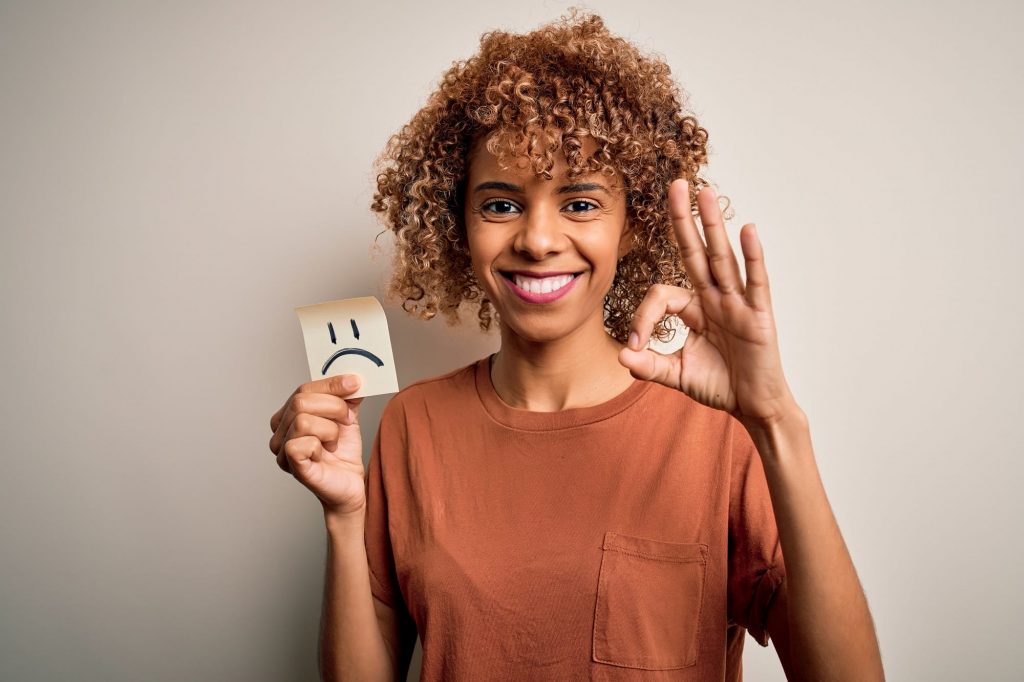
A Word From Our RD
Sadness is an emotion that hits us all.
There is usually a direct cause, a trigger that alters our mood.
Sometimes, people find themselves unable to snap out of the symptoms associated with feeling sad. The emotional pain can linger until you lose control of the situation.
When extreme sadness doesn’t budge, you may be experiencing symptoms of depression.
According to the National Institute of Mental Health, major depression is one of the most common mental health issues in the US.
Depression symptoms include feelings of hopelessness, low self-esteem, tearfulness, and loss of interest in the activities that usually bring you joy. If you think you might be experiencing depression, finding support is imperative.
Speak to a friend or family member about your negative thoughts. Furthermore, talk to a medical professional. Experts train to handle all kinds of mental health conditions and determine the best course of action for you.
Depending on the severity of your depression, different options are advised. For milder depression, self-help, exercise, and support groups may be recommended.
For moderate to severe depression, talking treatment may be issued through various therapies such as cognitive-behavioral therapy. Medications may be offered as a last resort if other techniques don’t improve your mental state.
Summary
Depression and depressive symptoms can make us feel helpless and lost in the world. If your sadness is left to fester for long periods, it can take a severe toll on your emotional well-being. Constant negative feelings can leave you feeling defeated.
If your sadness persists, regardless of the coping strategies you try, it’s time to take action. Reaching out is the first step to returning to your usual self. If a serious clinical diagnosis is determined, don’t worry.
There are numerous treatment options available to you and plenty of professionals who can guide you in the right direction. You don’t have to feel this way forever; there is help out there. All you have to do is reach out and take it.


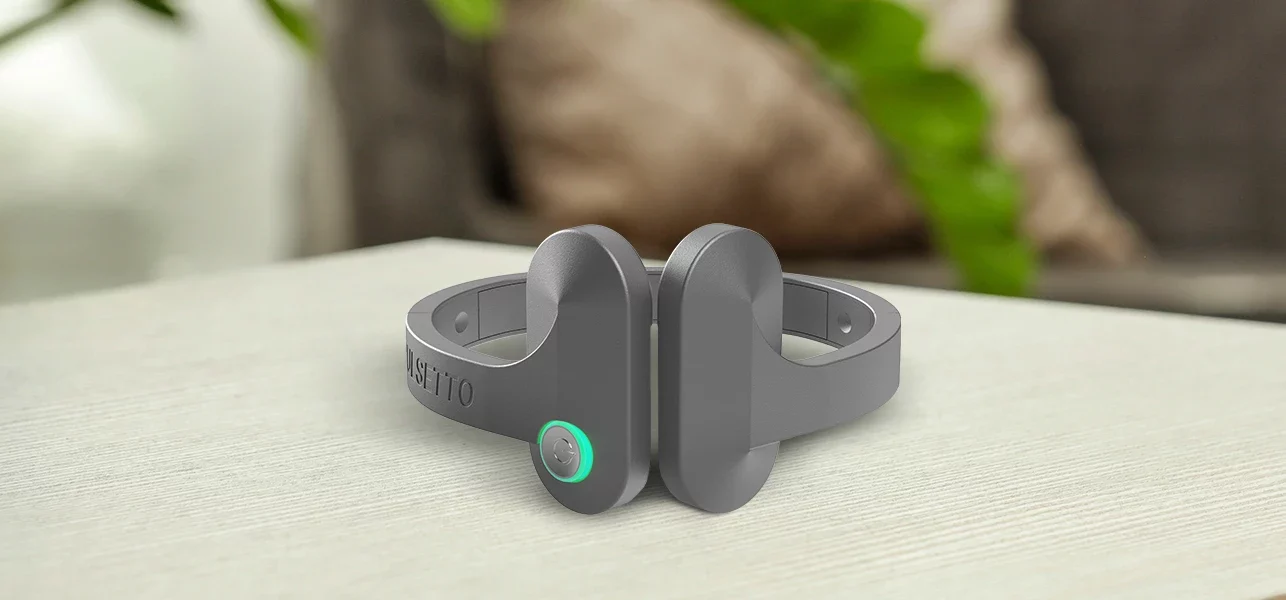
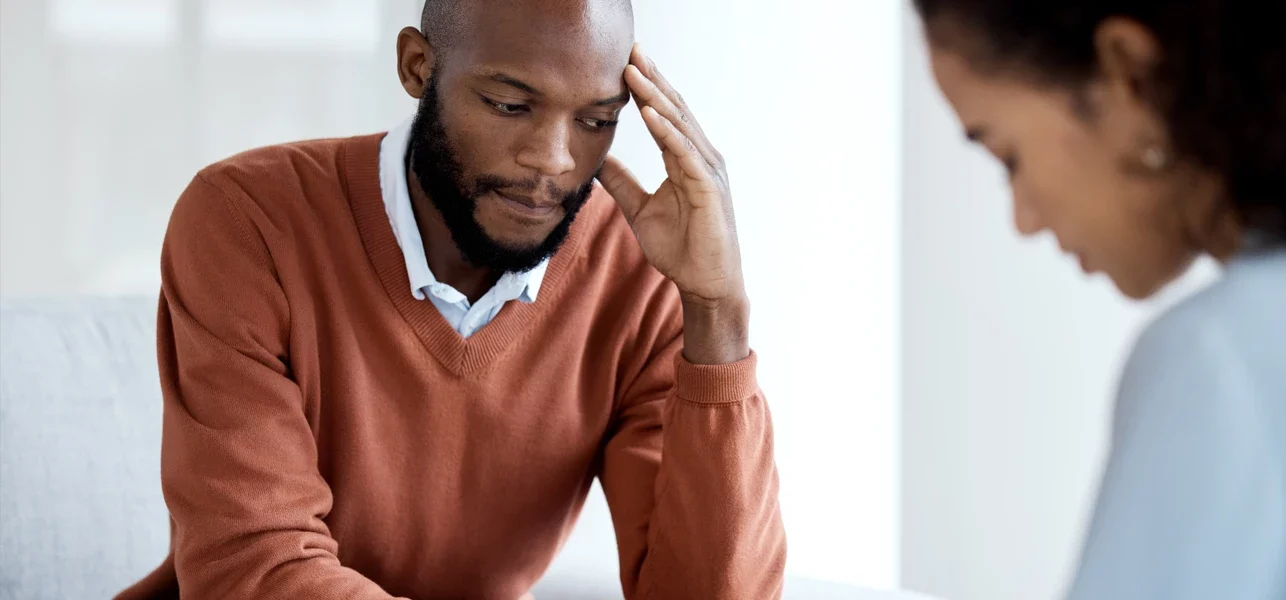

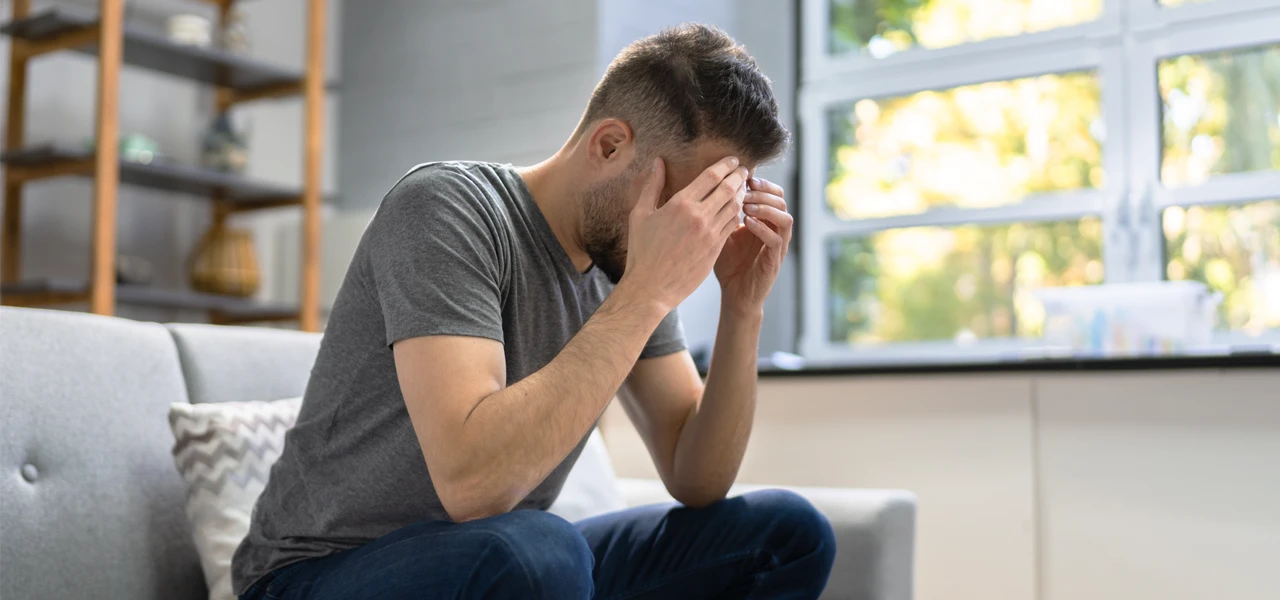

Comments (0)